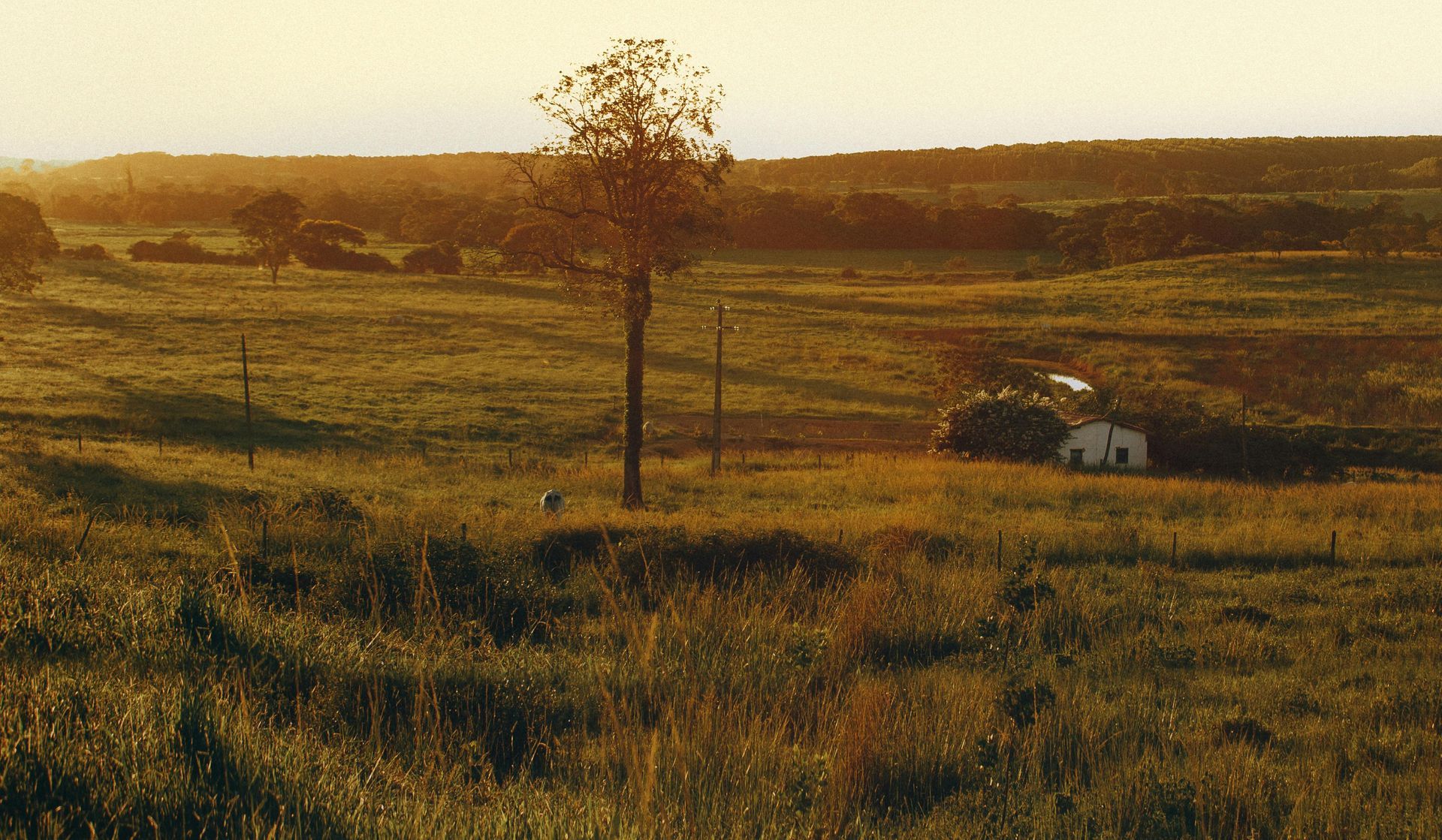Blog Selling Your Farm or Ranch Land in Southeastern Oklahoma: Should You Sell It on Your Own or With a Broker?
If you’re considering selling your farm or ranch land in southeastern Oklahoma, you’re not alone. With nearly 90 ranches currently for sale in the region and an average listing price approaching $1.9 million, this is a significant financial decision—one that deserves careful planning and the right professional guidance.
Why Not Sell It Yourself?
It might be tempting to handle the sale yourself, especially if you know someone interested. But even in handshake deals, sellers often leave substantial money on the table. Without professional representation, you risk undervaluing your property, missing out on qualified buyers, and navigating a complex transaction alone. Land sales involve unique legal, tax, and regulatory considerations that are very different from selling a home or commercial property. Unless you have deep experience in land transactions, it’s wise to bring in a real estate professional—even for private sales—to ensure you’re protected and getting the highest possible value.
The Dangers of Handshake Deals
In rural communities, it’s common for land to change hands with a handshake and a promise. But without proper market exposure and expert negotiation, you may never know what your property is truly worth. With land values rising and investor interest growing, you could be leaving tens of thousands—or even millions—of dollars on the table by not casting a wide net. An unbiased broker will help you avoid costly mistakes and ensure your interests are protected from start to finish.
What to Look for in a Farm & Ranch Broker
Your farm or ranch likely represents a major part of your net worth, so choosing the right broker is critical. Here’s what matters most:
- Specialized Knowledge: Choose a broker who specializes in land, not just residential or commercial real estate. Land transactions require a deep understanding of agricultural value, water and mineral rights, and local regulations.
- Extensive Network: The best brokers have cultivated relationships with buyers, investors, and brokers across Oklahoma, Texas, the Southeast, Midwest, and even internationally. This network is key to attracting the right buyer for your property—not just a neighbor, but potentially someone from across the country or globe.
- Modern Marketing: Your broker should use a mix of digital marketing, AI-driven strategies, and traditional networking to reach buyers everywhere, not just locally. The wider the net, the better your chances of getting top dollar.
- Proven Track Record: Look for a broker with a history of high-value transactions and satisfied clients in Oklahoma’s farm and ranch market.
- Unbiased, Strategic Representation: You want someone who will represent your interests, negotiate hard on your behalf, and guide you through every step of the process.
Why Land Owners Choose Rod Canterbury
Rod Canterbury is an Accredited Land Consultant (ALC)—an elite designation held by only about 1,200 professionals worldwide—and a Certified Real Estate Advisor with RE/MAX. With over 17 years of experience and a reputation for integrity, Rod is recognized for handling some of the highest-value land transactions in Oklahoma. His reach extends across Oklahoma and into Texas, throughout the Southeast and Midwest, and into ranching and investment communities in Colorado, Wyoming, and Montana. Rod also maintains international partnerships as far as South Africa, giving his clients access to a truly global pool of buyers and investors.
Rod leverages the power of the RE/MAX network, his leadership roles with the REALTORS® Land Institute, and a blend of advanced digital marketing, AI strategies, and traditional networking to maximize exposure and deliver top results for his clients. His extensive relationships with buyers, investors, and fellow land professionals ensure that your property is seen by the right people—locally, nationally, and internationally.
If you’re considering selling your farm or ranch land—or just want to understand your options—schedule a confidential consultation and professional valuation with Rod Canterbury at www.OklahomaLandDivision.com. You’ll get honest advice, a strategic plan, and the peace of mind that comes from working with one of the best in the business.
Don’t risk underselling your most valuable asset. With the right broker, you can maximize your return and move forward with confidence.




